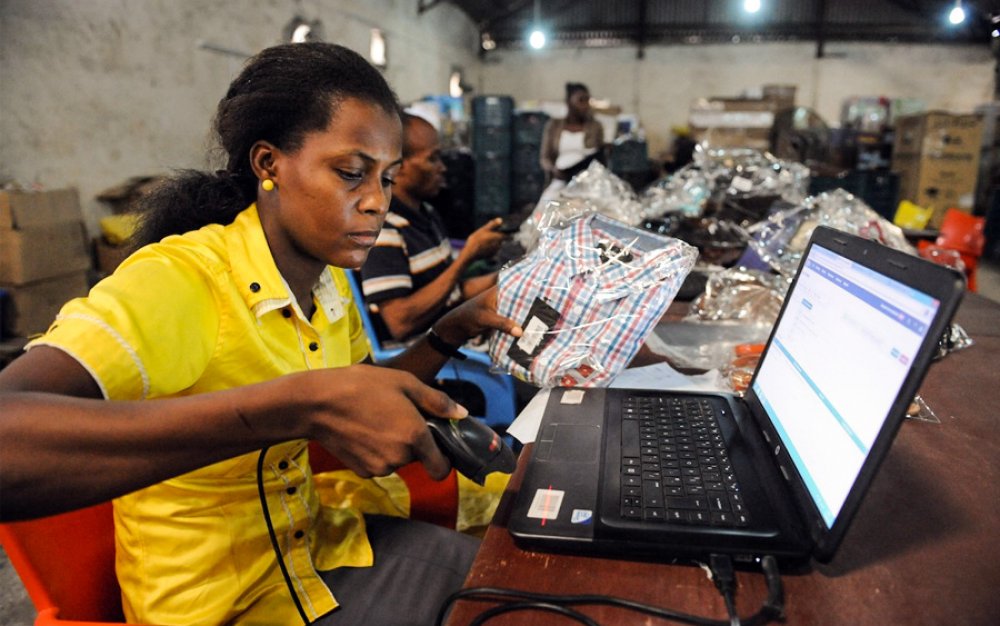Other Pages
- Opinion Poll
- About Us
- Send Your Story
- Contact Us
- Newsletter
- Privacy Policy
- Terms and Conditions

Africa is undoubtedly the world's fastest-growing market, as it is home to 19 out of 20 of the world's fastest-growing countries. However, it has been discovered that the most successful African Internet ventures have addressed issues that face its informal sector.
According to the e-Conomy Africa 2020 report by the International Finance Corporation in collaboration with Google, most of the successful businesses in Africa's internet economy address challenges faced by businesses or workers in the informal sector.
Because of the wide pool of customers that the informal sector offers, these businesses have been able to develop and attain financial stability. A good example is the use of mobile money which has spread like wildfire in various African countries.
The continent's informal sector covers a growing list of economic sectors, including digital financial services, e-commerce, delivery services, and even employment.
The report showed that Africa's informal sector accounts for a large portion of economic activities in most countries and employs approximately 300 million Africans. The informal sector accounts for 26% of economic production in South Africa, 33% in Kenya, 46% in the Democratic Republic of the Congo, and 57% in Nigeria.
As a matter of fact, in the average Sub-Saharan African country, informal employment accounts for nearly 80% of total employment, with South Africa accounting for 35%. In Egypt, the informal sector employs 54% of non-agricultural workers. Approximately 80% of all domestic consumer items are produced in Africa by informal sellers. In Nigeria, informal enterprises account for 92% of firms, whereas in Ethiopia, they account for 99%.
The report revealed that businesses in Africa’s informal sector struggle with less access to finance and limited use of modern business practices, especially in accounting. Also, due to inadequate logistics, an overabundance of middlemen, and the frequency of cash transactions, they often end up bearing burdensome expenses when interacting with suppliers or clients.
“In the informal sector, access to electricity is less certain, especially in rural areas, and the overall business environment is unstable. However, the vast majority of workers in the informal sector own a mobile phone, often used for both private and business purposes. Mobile phone ownership in the informal sector is broadly correlated with access to digital connectivity at the national level. There are 1.2 million informal retailers in Sub-Saharan Africa already engaged in the distribution of mobile services,” the report said.
0 Comment(s)